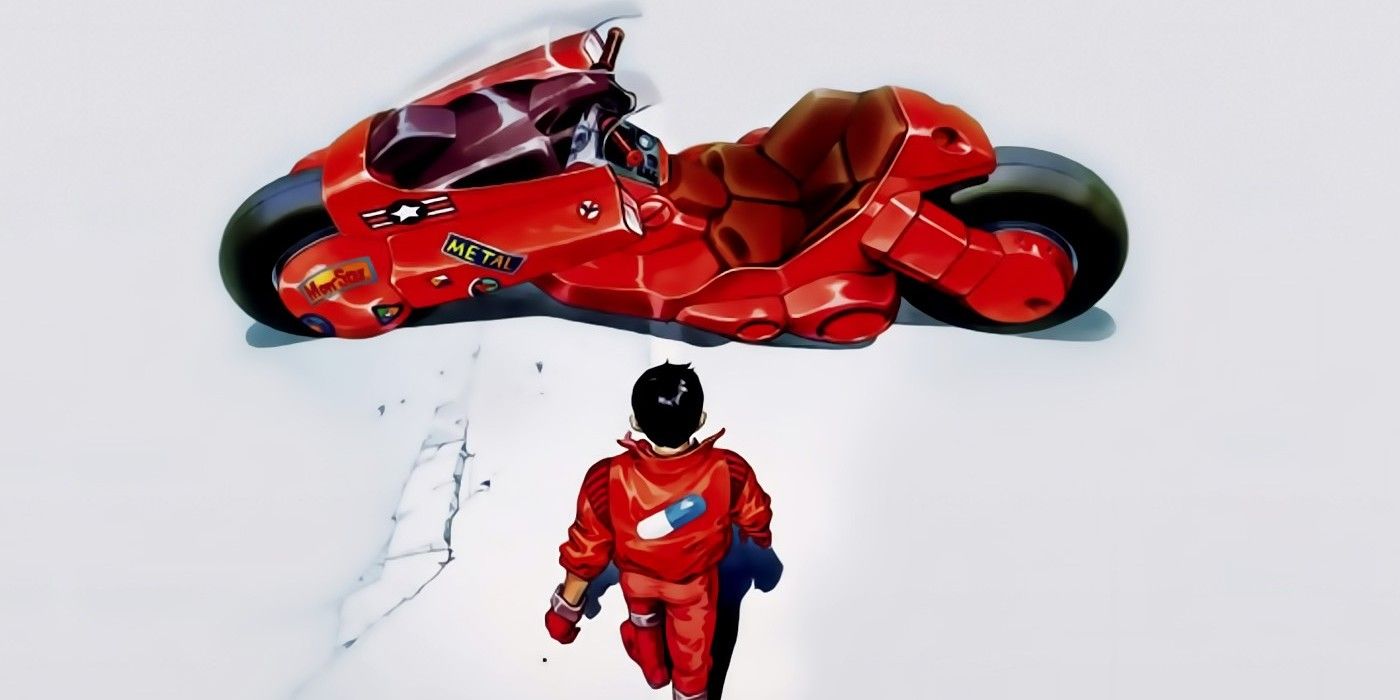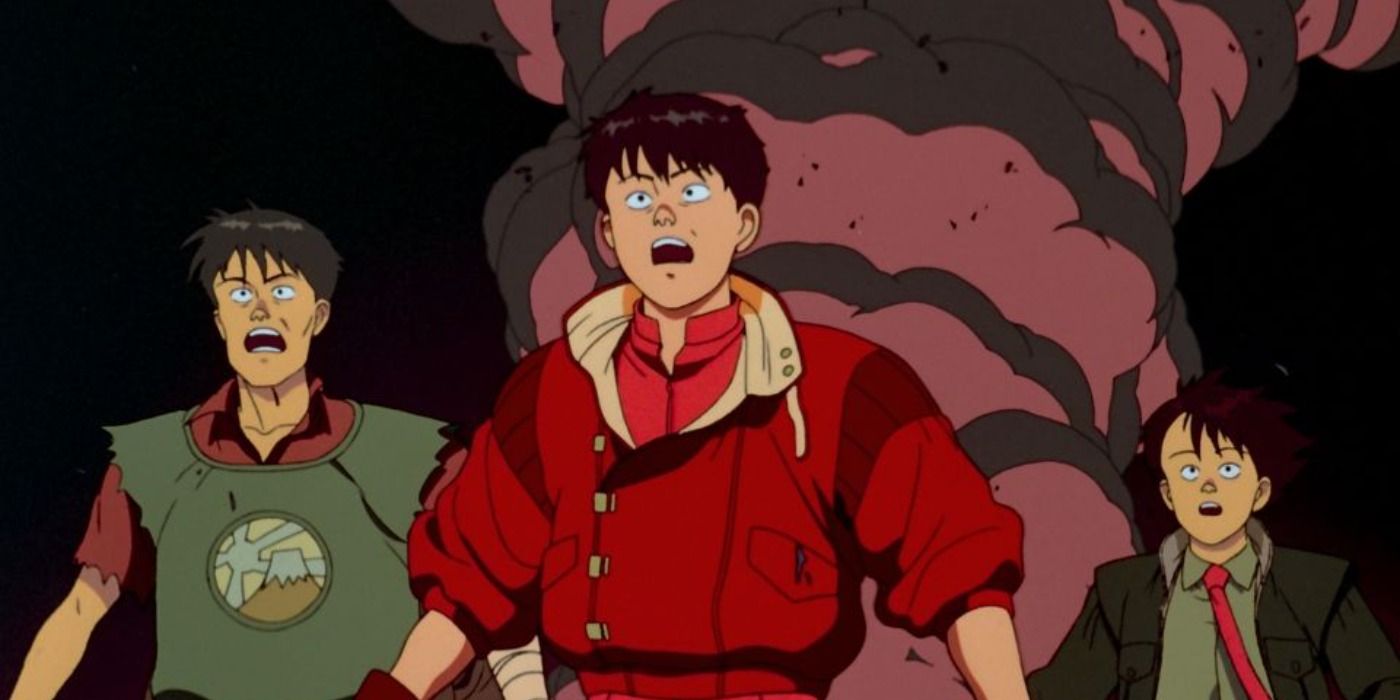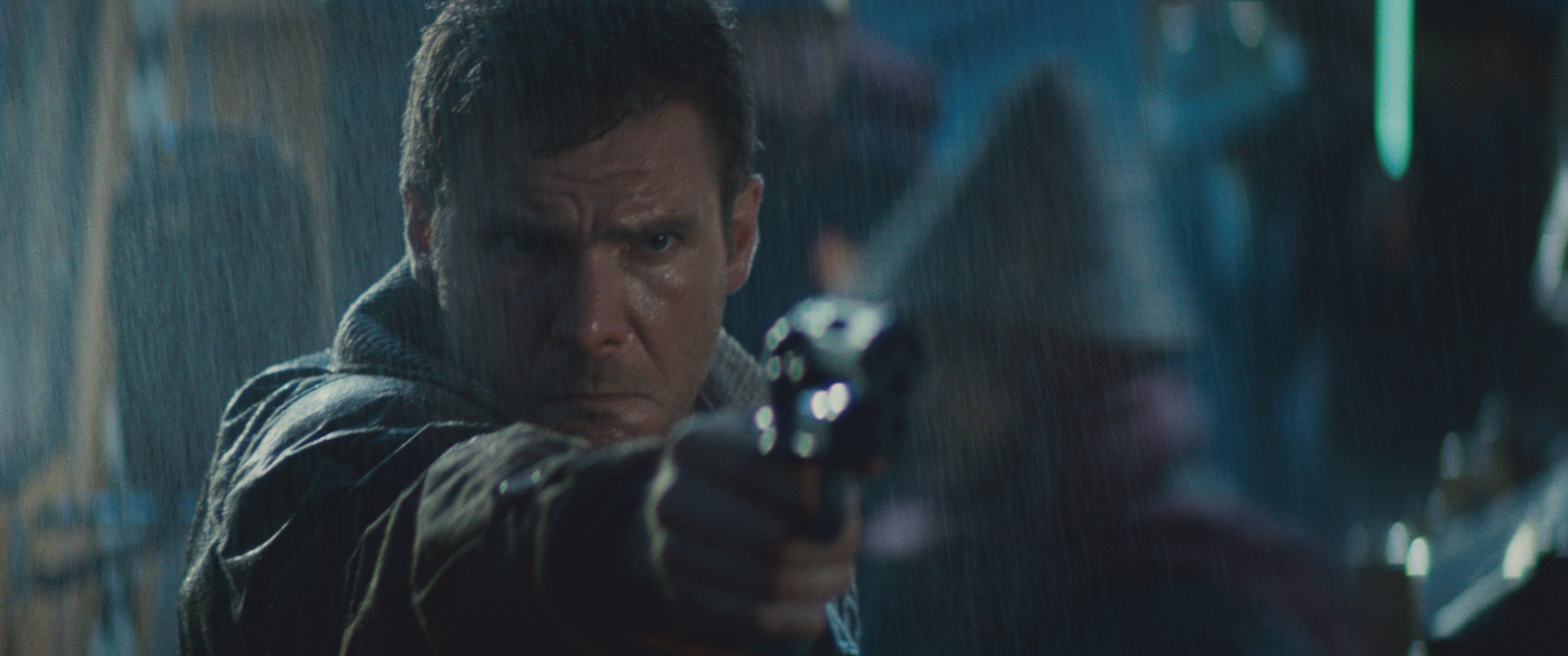Akira is on Netflix now - go and watch it. We’ve written about anime a fair few times at TheGamer, and if you go and check those articles, you’ll see that none of them (with the exception of a cry about Misty’s gym in Pokemon) were written by yours truly. I have nothing against anime - and I love cartoons in general - but anime isn’t for me. Still, I’m telling you - go and watch Akira. Have you ever watched or played or listened to a piece of media from Japan? Thank Akira. Ever listened to Kanye West? Ever watched Stranger Things? Thank Akira. Played Final Fantasy 7, Half-Life, or Remember Me? You get where I’m going with this.
Akira is a phenomenal movie, and worth watching entirely on its own merit. If you were to watch it today, having never seen it before, you might find it a little tropey; the telekinetic child, the Japanese cyberpunk landscape, the motorcycle skid. But these are all tropes because of Akira. Its influence on modern pop culture cannot be overstated. Many features we consider hallmarks of modern sci-fi were popularised in Akira. It was also crucial in establishing adult animation as a genre, as well as opening the door to Japanese media being imported into the mainstream of the West, particularly in the USA.
All those things I mentioned at the start were directly influenced by Akira. Kayne West has mentioned Akira as a muse many times, with his Stronger music video the most obvious example. As for Stranger Things, while E.T. and Stand By Me are clearly huge influences on the wider story, characterisations, and cinematography, a character like Eleven simply does not exist without Akira and all the subsequent work framed by it. You can throw the likes of The Umbrella Academy in there too.
As for games, the links between Midgar and Akira's vision of Tokyo are impossible to miss. Not only in the tall, metallic landscape or dark and thick shadows, but also the juxtaposition of bulbous curves and sharp lines, and the flecks of neon glow. We associate a lot of cyberpunk imagery with Blade Runner, and it's true that Blade Runner came out six years prior to Akira and was itself a huge influence on the anime film; although the Akira manga released the same year as Blade Runner, in 1982. Regardless, Blade Runner constructs a very Western dystopia, one where Yellow Peril tropes and the rise of Asia's power on the world stage is a cause of deep unrest. Akira scrubs this framing away, and interrogates the dystopia in more depth. Where Blade Runner is happy to reap the benefits of Asian technology while demonising Asian culture itself, Akira goes deeper.
The two universes broadly agree; our use of technology is developing at an exponential pace, and that will cause a bigger rift between the rich and poor, while our systems of laws and ethics will be unable to keep up with a changing world. Blade Runner asks moving philosophical questions about the nature of existence, what constitutes life, and how we can keep hold of our humanity in a world desperate to strip us of it, but it's the framing of /why/ the world is the way it is that often feels hollow. It's Asia's fault, end of story. Akira, unsurprisingly, goes deeper, looking not to point blame at others - it could easily blame the gross excess on American capitalism - but instead chooses to explore the corruption of the '80s and to examine how that corruption could swell in a world that is increasingly more reliant on machinery, technology, and cash - all while losing more and more of its humanity. Much like Godzilla, Tokyo's post-explosion apocalypse is clearly shaped by the nuclear bombs dropped on Hiroshima and Nagasaki, but this is less blaming America - though Akira would be in its right to do so - and more processing a generational trauma.
Watching Akira, you may well feel like you've seen it before, but the truth is you've only ever seen films and TV shows and video games imitating it. Akira is often pigeonholed, labelled as one of the greatest anime movies of all time, but it's not just one of the best anime, or one of the best Japanese flicks, or one of the best cartoons - it's just one of the best movies ever. No other qualifiers or categorisation needed. Few could argue they have moulded pop culture more. Star Wars would be a big one, and even then, the prequels and the Clones Wars both borrow from Akira too.
You might come away from Akira not liking it. You may find it a little gory, its themes a little thick, its energy too '80s, or the whole thing a bit dark. That's fine. But if you like cinema, you owe it to yourself to go and watch it. If nothing else, you'll probably find it’s responsible for something else you love.



